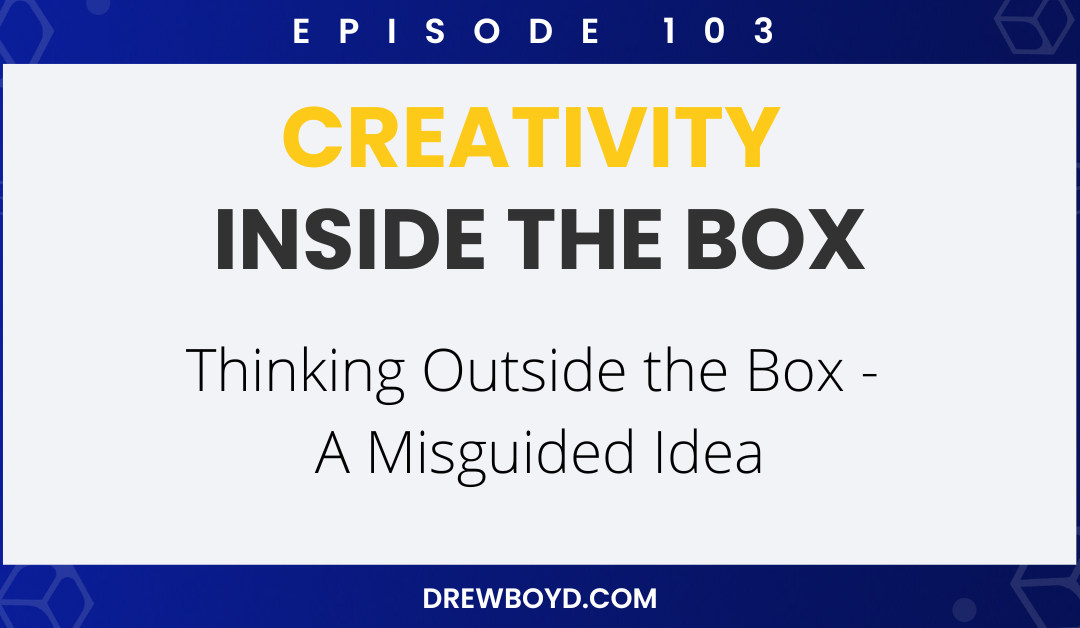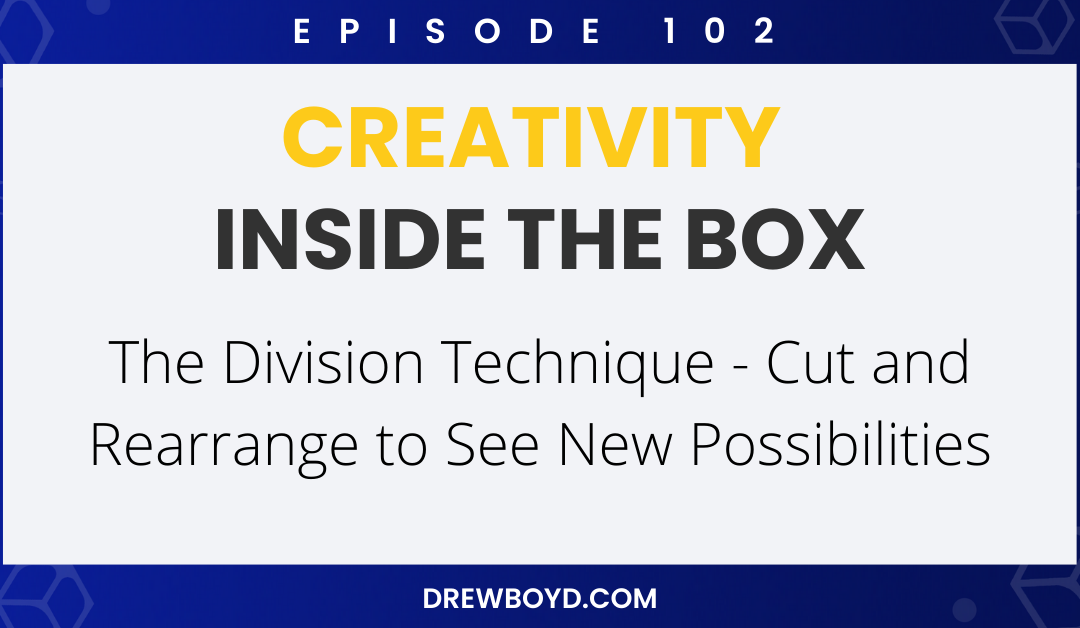This month’s Academic Focus features Professor John Hauser and the highly-regarded team at MIT. Perhaps no other university in the world stands for innovation as much as this one. MIT is an innovation powerhouse because of the way the faculty looks at innovation through multiple lens and collaborative approaches. MIT is a great blend of innovation research, technology research, and commercialization research.
From his online biography:
“Sir John R. Hauser is the Kirin Professor of Marketing at M.I.T.’s Sloan School of Management where he teaches new product development, marketing management, and statistical and research methodology. He has served MIT as Head of the MIT Marketing Group, Head of the Management Science Area, Research Director of the Center for Innovation in Product Development, and co-Director of the International Center for Research on the Management of Technology. He is the co-author of two textbooks, Design and Marketing of New Products and Essentials of New Product Management, and a former editor of Marketing Science. He has published over eighty scientific papers. Among his awards include the Converse Award for contributions to the science of marketing and the Parlin Award, the oldest award offered by the American Marketing Association for contributions to marketing research.”
What caught my eye is a recent paper by Dr. Hauser and his doctoral candidate, Daria Dzyabura, called Active Machine Learning for Consideration Heuristics. I had the pleasure of hearing Daria present the paper at a faculty meeting. It offers new ideas about collecting the “voice of the customer” and using it to improve marketing programs.
Customers use shortcuts when buying products and services. They don’t have the time or ability to consider every possible choice when buying a new computer, for example. So they narrow down choices at each step of the way.
If marketers could understand the how customers make these decisions, it could improve marketing strategy. But there’s a catch. Every customer is different when buying products and services. They use their own unique rules. This forces marketers to generalize with broad, sweeping stereotypes about the customers buying process.
What if marketers could understand each customer based successive answers to basic search questions? Each answer given by a customer helps the marketer know what to ask them next. If marketers better understood their decision rules, they could use these insights to design and market new products.
In their research, John and Daria did just that. They describe a technique called “active machine learning.”
“Using an algorithm, we created a web-based survey that actively learns how to ask consumers questions based on prior answers. Our main criterion was that each question needed to provide the most information possible about a consumer’s decision rules. The method was fast enough to ask the next question in under a second and identified the features consumers want in a product that are most likely to make it into their consideration set.”
They further showed the method can be used to test how advertising changes the way people evaluate products. Active machine learning can determine if a commercial will get people to consider the product by mentioning certain features.
The method helps marketers quickly figure out consumers’ decision rules for many product categories – especially those with a large number of features like cars, smart phones, computers and even real estate. The new approach will help managers better predict customer reaction when introducing a new product or launching a new advertising campaign. They’ll get an accurate projection of how consumers will respond. That could lead to a significant competitive edge when designing and marketing new products.




